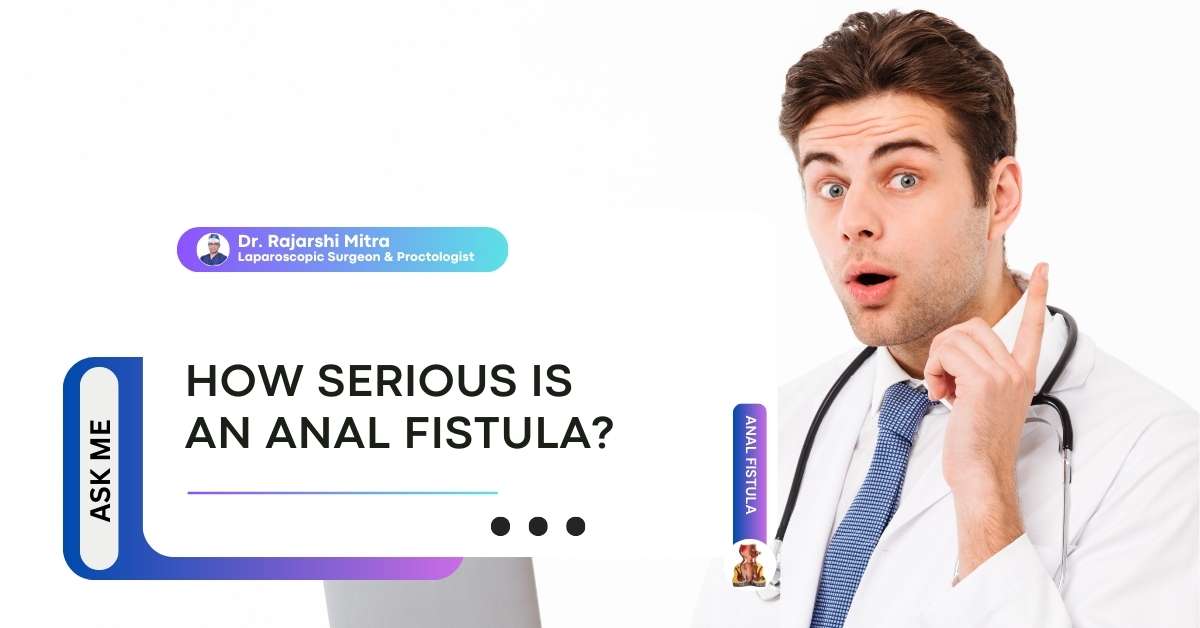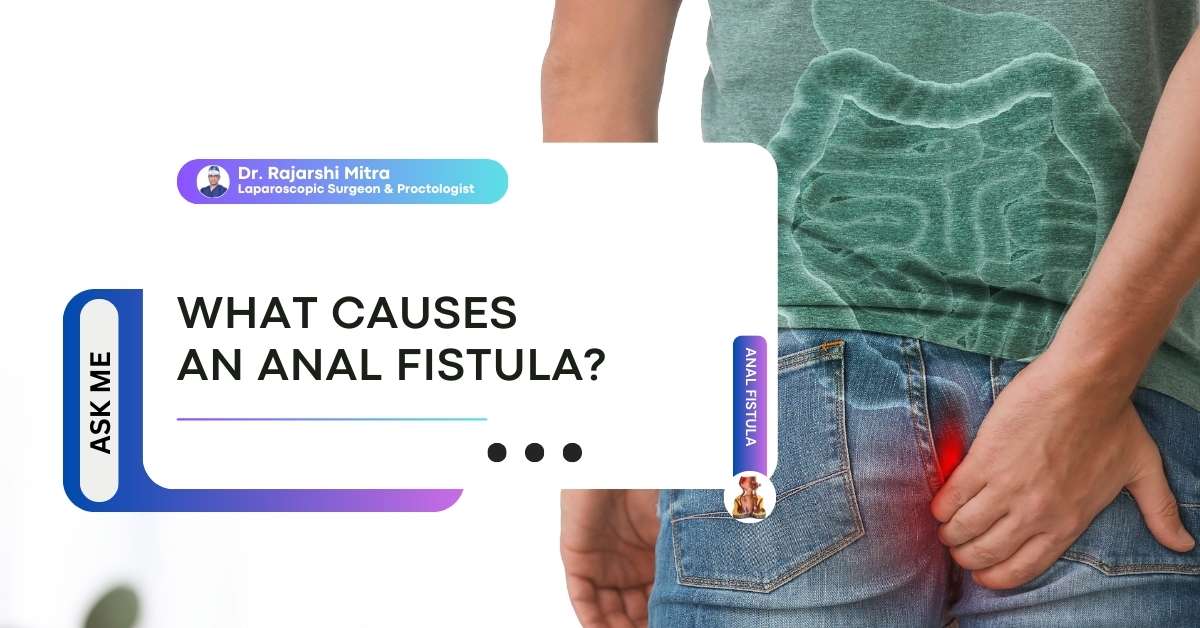How Serious is an Anal Fistula? A Surgeon’s Perspective for Patients
An anal fistula is a significant medical condition that requires prompt attention and treatment. While not typically life-threatening, it can lead to considerable discomfort, pain, and potential complications if left untreated. The seriousness of an anal fistula can vary depending on several factors, including its size, location, complexity, and the presence of any underlying conditions.
Understanding the Severity of Anal Fistulas
- Anal fistulas are abnormal tunnels connecting the anal canal to the skin’s surface.
- The severity depends on various factors, including size, complexity, and presence of underlying conditions.
- Untreated fistulas can lead to complications like abscesses, recurrent infections, and impaired bowel function.
- Timely diagnosis and treatment are crucial to prevent complications and promote healing.
- Treatment options range from minimally invasive procedures to surgery, depending on the severity of the fistula.
Understanding Anal Fistulas
An anal fistula is an abnormal tunnel that develops between the lining of the anal canal and the skin near the anus. This tunnel often results from an infection within an anal gland, leading to the formation of an abscess. If the abscess doesn’t heal completely, it can leave behind a fistula.
Factors Influencing the Severity of Anal Fistulas
- Complexity: Simple fistulas have a single tunnel, while complex fistulas have multiple branches, making them more challenging to treat.
- Location: The location of the fistula relative to the anal sphincter muscles can influence the complexity of treatment and the risk of complications.
- Underlying Conditions: Patients with Crohn’s disease or other inflammatory bowel diseases may experience more complex fistulas that are harder to heal.
- Recurrence: Fistulas have a tendency to recur, even after treatment, which can increase the overall severity of the condition.
Potential Complications of Untreated Anal Fistulas
- Abscess Formation: An untreated fistula can lead to the development of a painful abscess, requiring immediate drainage.
- Recurrent Infections: The fistula can become a source of recurrent infections, causing discomfort and pain.
- Impaired Bowel Function: In severe cases, complex fistulas can damage the anal sphincter muscles, leading to fecal incontinence (inability to control bowel movements).
- Systemic Infection: Rarely, the infection from the fistula can spread throughout the body, causing a life-threatening condition called sepsis.
The Importance of Timely Diagnosis and Treatment
Early diagnosis and treatment are essential to prevent the progression of an anal fistula and its associated complications. If you experience symptoms like pain, swelling, drainage, or bleeding around the anus, consult a healthcare professional promptly.
Treatment Options for Anal Fistulas
The treatment approach for an anal fistula will depend on its severity and complexity. Here are some common options:
- Fistulotomy: A simple fistula may be treated by opening the tunnel surgically, allowing it to heal from the inside out.
- Seton Placement: A seton (a surgical thread) is placed through the fistula to drain infection and promote healing before definitive surgery.
- Advancement Flaps: For complex fistulas, a flap of tissue is used to cover the internal opening of the fistula, promoting healing.
- LIFT Procedure: Ligation of the Intersphincteric Fistula Tract (LIFT) is a minimally invasive procedure that involves closing the internal opening of the fistula.

Key Takeaways
- Anal fistulas are treatable conditions, and timely intervention is crucial to prevent complications.
- The severity of an anal fistula varies depending on several factors.
- Untreated fistulas can lead to painful abscesses, recurrent infections, and potential bowel function impairment.
- Consult a healthcare professional promptly if you experience symptoms of an anal fistula.
- Various treatment options are available, ranging from minimally invasive procedures to surgery, depending on the fistula’s complexity.
If you have concerns about an anal fistula, don’t hesitate to seek medical advice. Prompt diagnosis and appropriate treatment can significantly improve outcomes and quality of life.


















